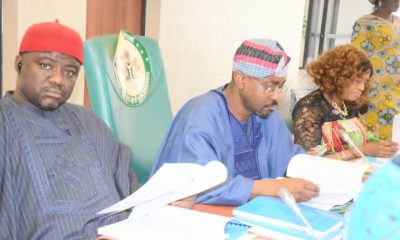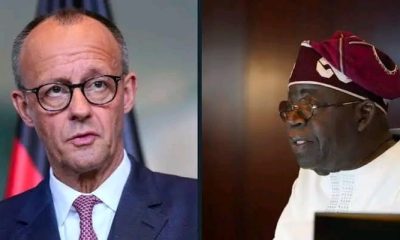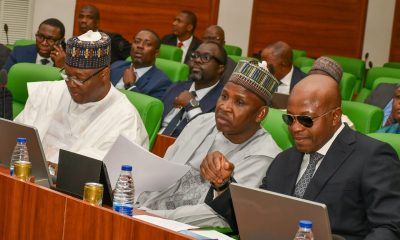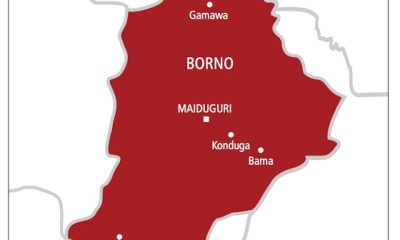National
Nigeria’s Extractive Sector: CISLAC and NEITI Push for Transparency and Accountability
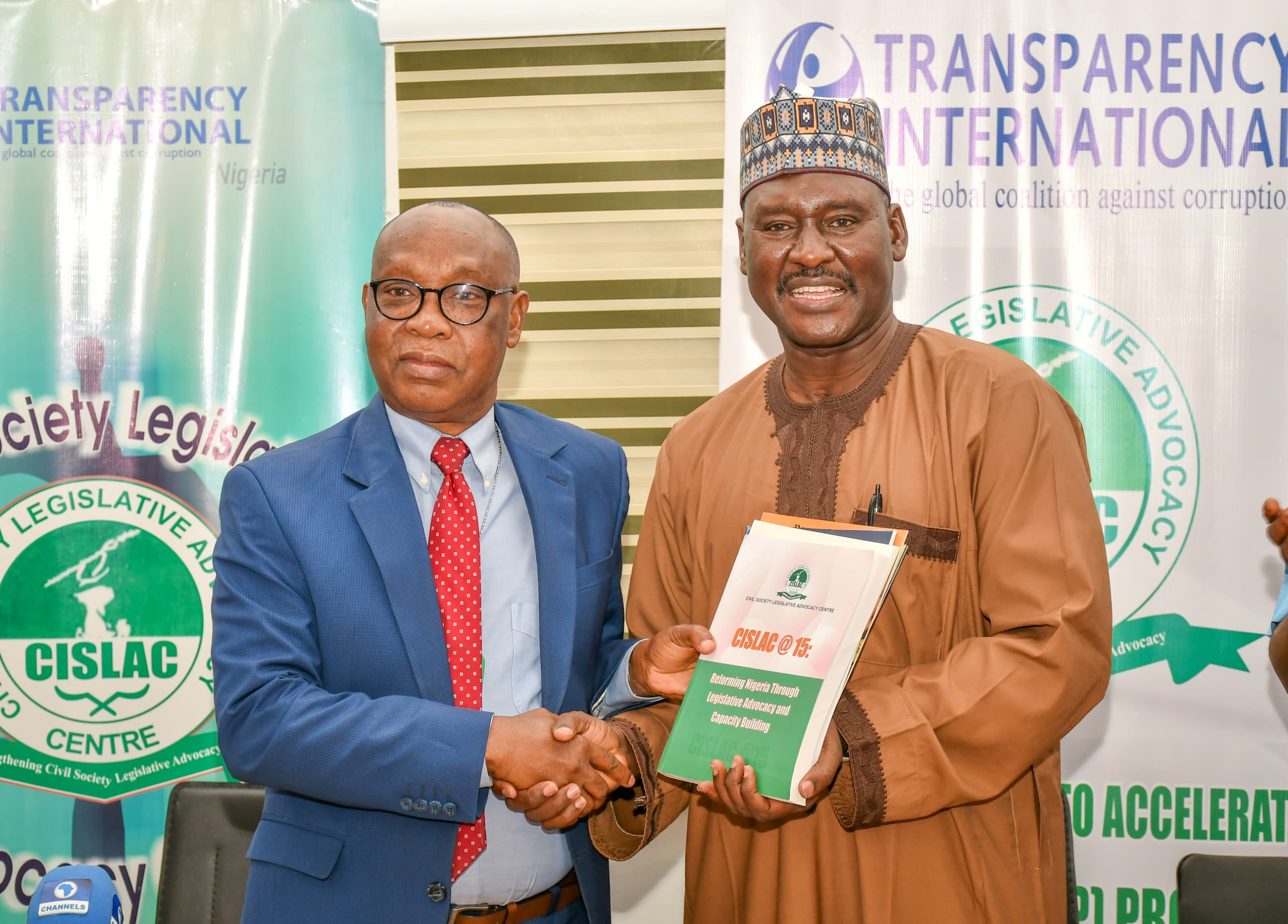
By Abdullahi Alhassan, Kaduna
The Executive Secretary/CEO of the Nigeria Extractive Industries Transparency Initiative (NEITI), Dr. Orji Ogbonnaya Orji, has called for a new agenda for civil society organizations in Nigeria to elevate their role in extractive governance. Dr. Orji made this call during a courtesy visit to the Civil Society Legislative Advocacy Center (CISLAC) in Abuja .
Dr. Orji emphasized the indispensable role of civil society organizations globally in shaping governance outcomes, amplifying citizen voices, defending transparency norms, and catalyzing reforms.
He noted that within the Extractive Industries Transparency Initiative (EITI), civil society has been crucial in demanding disclosures, safeguarding civic space, and ensuring reforms translate into meaningful impacts for citizens.
New Agenda for Civil Society
The NEITI Executive Secretary outlined a new agenda for civil society, calling for them to: Lead in energy transition accountability, tracking government and company commitments and shaping community transition plans.
Dr Orji urges CISLAC to go beyond demanding contract and beneficial ownership disclosures to analyzing them and interpreting risks. Engage more on resource mobilization and fiscal justice, providing alternative policy options on revenue, subsidy reforms, and debt sustainability. Be vigilant in curbing illicit financial flows, collaborating with investigative journalists, financial intelligence units, and global watchdogs.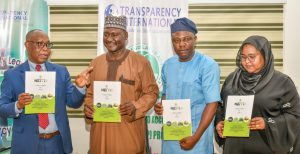
Dr. Orji highlighted NEITI’s efforts to create institutional linkages to support civil society, including reinvigorating the Inter-Ministerial Task Team, strengthening the Companies Forum, building a Data Center for real-time disclosures, and signing Memoranda of Understanding with agencies like EFCC, ICPC, and NFIU.
Dr. Orji specifically called on CISLAC to work closely with NEITI to lead the debate within the civil society constituency, urging them to transition from routine advocacy to knowledge leadership, and from monitoring to providing broader oversight of the extractive industries. He challenged CISLAC to publish peer-reviewed scholarly journals to aid research, teaching, and learning, strengthening the academic foundations of civic work.
The NEITI Executive Secretary emphasized that civil society has been the backbone of Nigeria’s EITI journey and urged organizations like CISLAC to evolve into solution-providers, knowledge leaders,and reform architects. NEITI reaffirmed its commitment to an open civic space and collaboration with civil society partners.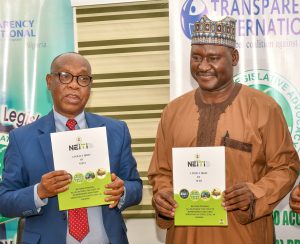
In his welcome address, the Executive Director of CISLAC and Head of Transparency International Nigeria, Comrade Auwal Ibrahim Musa Rafsanjani, highlighted the significance of the visit, describing it as a reaffirmation of the shared commitment to transparency, accountability, and reform in Nigeria’s extractive industries.
The CISLAC Executive Director recalled the organization’s role in advocating for the establishment of EITI in Nigeria, noting that CISLAC was among the civil society organizations that pushed for a legislative framework to entrench transparency in the extractive sector. Nigeria became the first country to implement the Extractive Industries Transparency Initiative (EITI) after signing up voluntarily in 2003, leading to the enactment of the NEITI Act in 2007.
The Executive Director emphasized that CISLAC and NEITI are natural allies, sharing a people-centered vision that Nigeria’s natural wealth must benefit all Nigerians. The partnership between the two organizations has involved policy dialogues, public awareness campaigns, host community engagements, beneficial ownership transparency advocacy, and joint efforts to amplify audit findings and demand accountability.
The CISLAC Executive Director highlighted current challenges facing Nigeria, including declining oil revenues, energy transition, and governance risks in the solid minerals sector. He emphasized opportunities for strengthening the partnership between CISLAC and NEITI, including tracking implementation of NEITI audit recommendations, legislative advocacy, capacity building, and public awareness.
The Executive Director called for a renewed commitment to transparency, accountability, and citizen engagement, urging collaboration to champion reforms that make the extractive sector more responsive to the needs of ordinary Nigerians.
Comrade Auwal Rafsanjani identified areas of collaboration which include Tracking implementation of NEITI audit recommendations, Legislative advocacy for extractive governance laws, Capacity building and public awareness programs, Strengthening civic space in extractive governance
“CISLAC stands ready to work closely with NEITI to promote transparency and accountability in Nigeria’s extractive industries, emphasizing that the true wealth of a nation lies not in its natural resources, but in how those resources are managed and shared.

